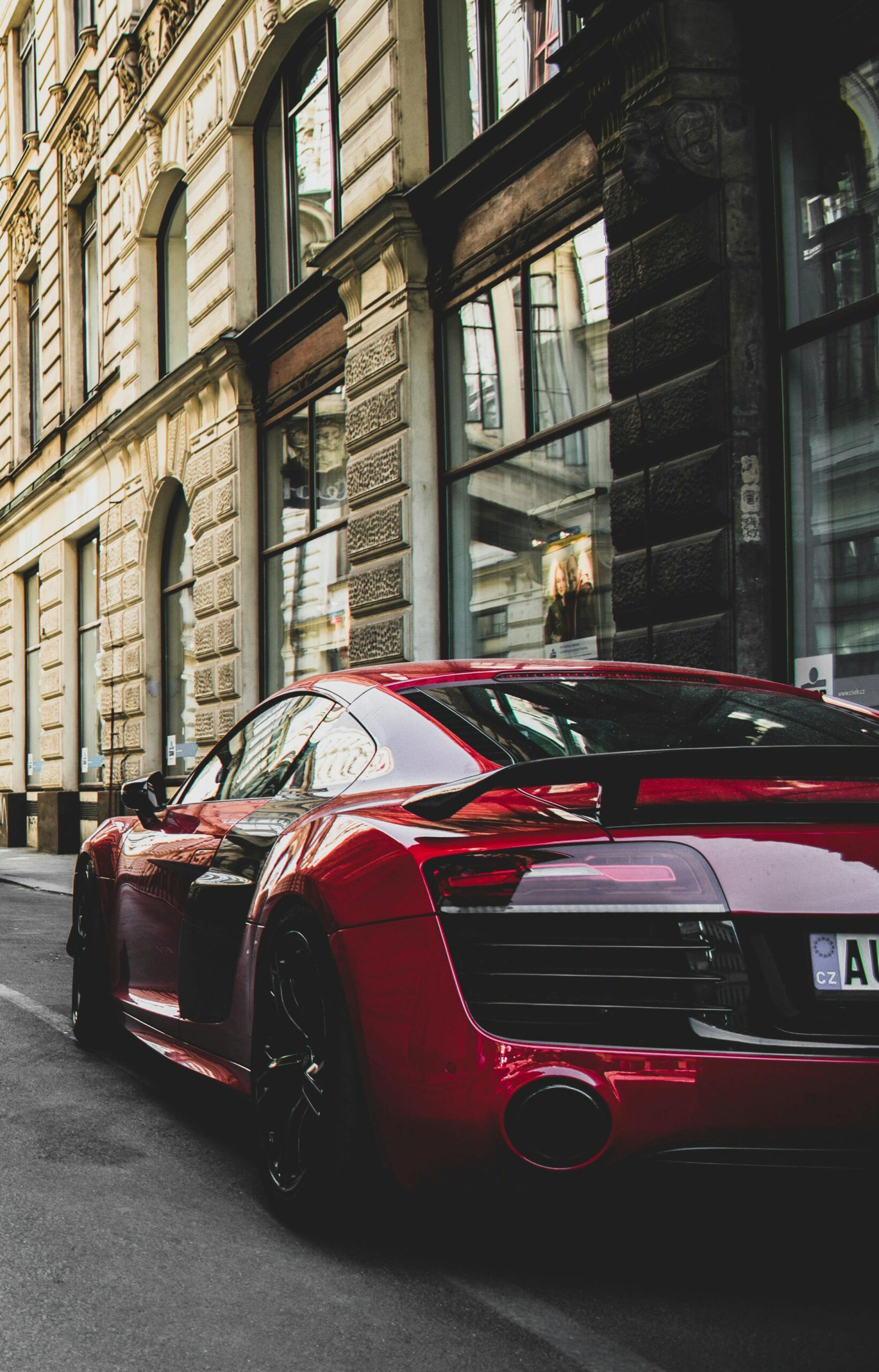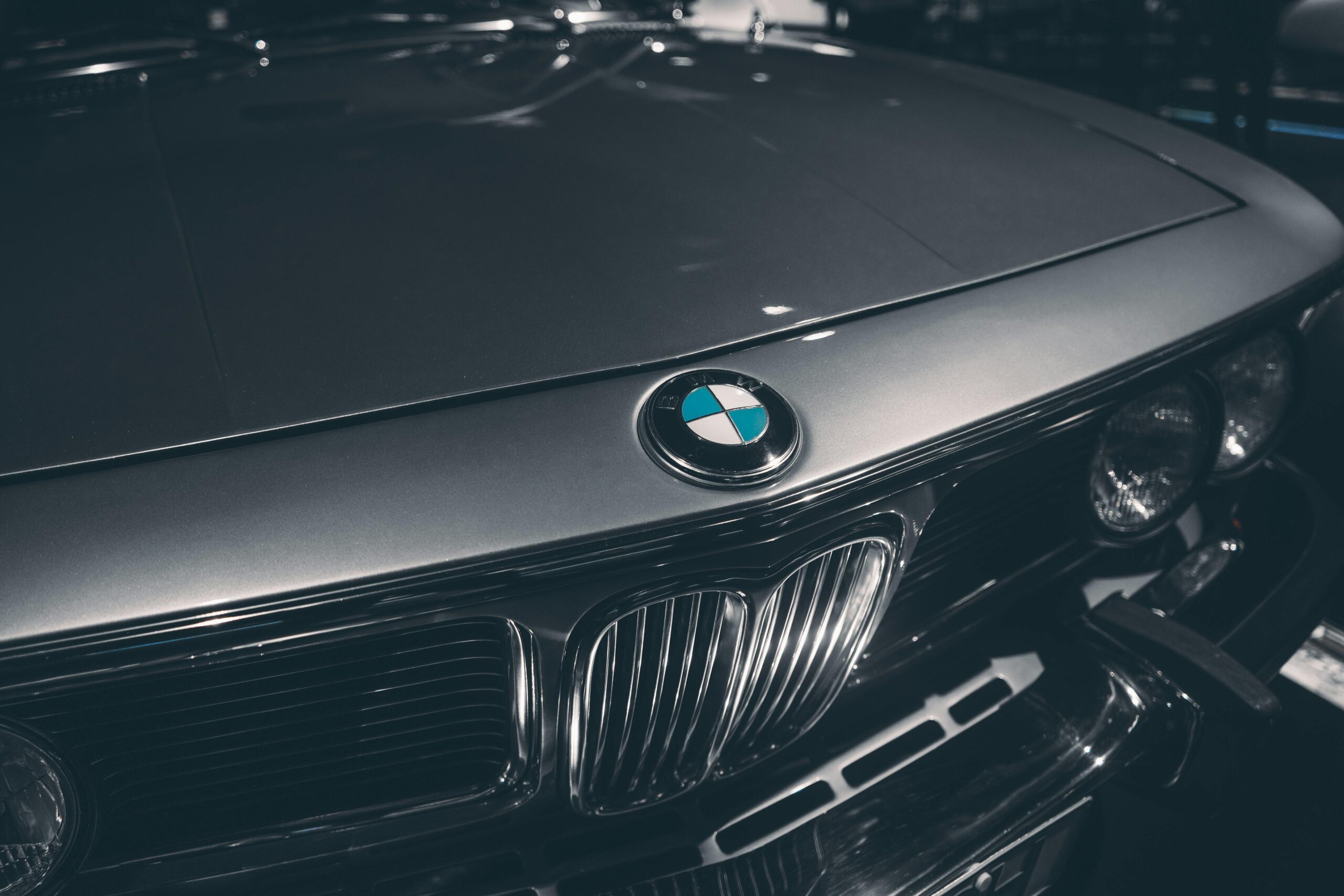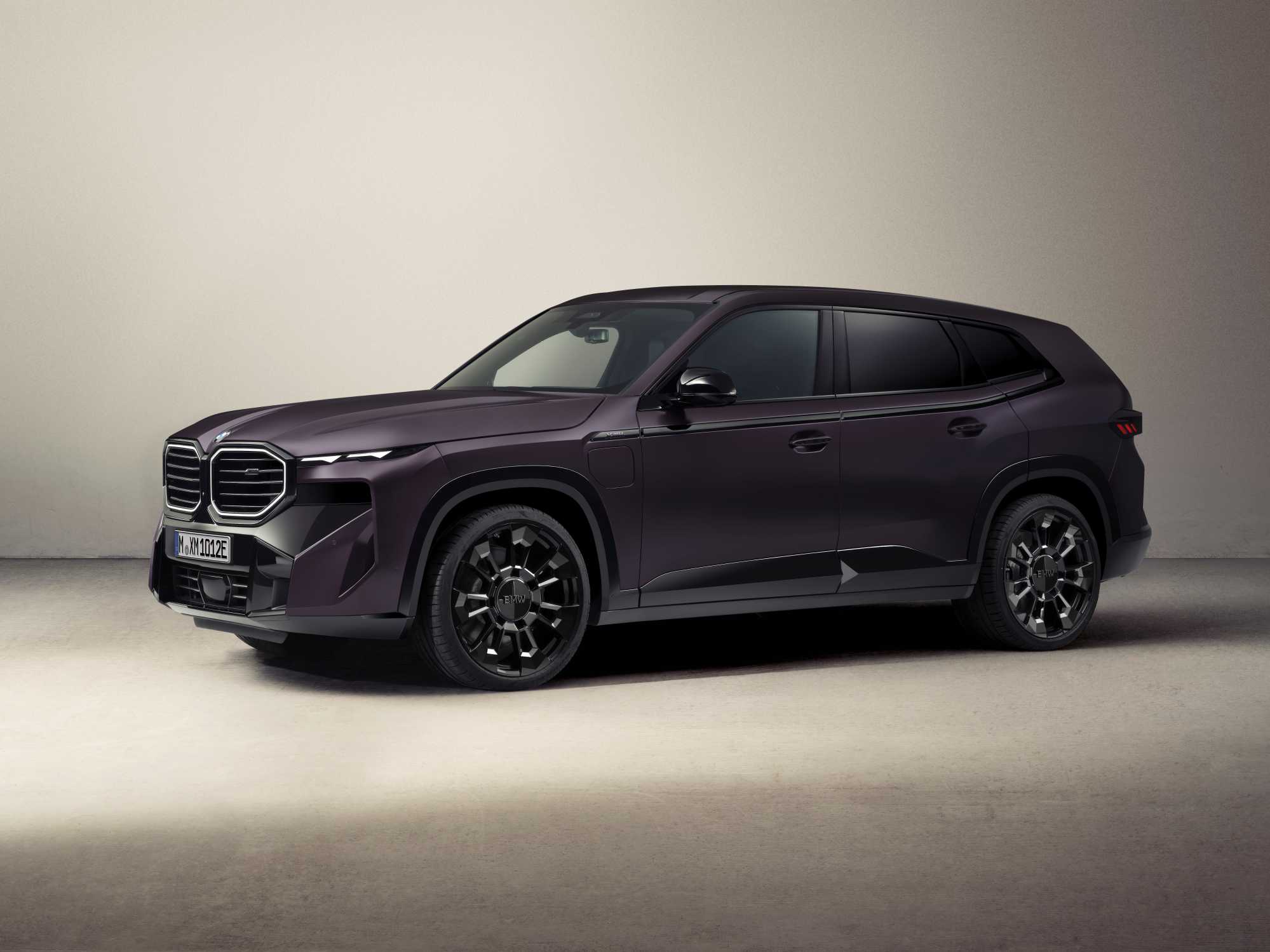As the global luxury car market accelerates into 2024, it presents a landscape rich with investment opportunities. Valued at approximately $600 billion in 2023, this market is projected to reach nearly $967.65 billion by 2029, growing at a steady compound annual growth rate (CAGR) of 5.55%. This expansion is not merely a continuation of past trends but is driven by a confluence of innovative technologies, shifting consumer preferences, and emerging market dynamics. For investors, this represents a golden opportunity to diversify their portfolios with high-performing, high-value assets.
Luxury SUVs: Leading the Charge
The luxury SUV segment has emerged as a dominant force within the broader luxury car market. Historically dominated by sedans and sports cars, the luxury market has shifted gears, with SUVs now accounting for a significant share of sales. This shift is particularly pronounced in regions like North America and China, where the demand for larger, more versatile vehicles is on the rise.
In 2023, Mercedes-Benz’s launch of the GLE LWB SUV in India marked a significant milestone, catering to a growing base of affluent consumers in Asia. Similarly, brands like BMW and Audi have reported increased sales in their luxury SUV lines, driven by consumer demand for vehicles that offer a blend of performance, comfort, and cutting-edge technology. The appeal of SUVs lies not only in their robust build and elevated driving position but also in their ability to integrate the latest in automotive technology—making them a popular choice among both established and emerging high-net-worth individuals (HNWIs).
The Electrification of Luxury: A Game Changer
Sustainability is no longer just a trend; it’s a fundamental shift reshaping the luxury car industry. Electric vehicles (EVs) are at the forefront of this transformation, with luxury brands like Audi, Porsche, and Tesla leading the charge. The luxury EV market is expected to grow at a remarkable CAGR of 35% over the next decade, far outpacing the growth of traditional internal combustion engine (ICE) vehicles.
In 2023, Audi expanded its electric lineup with the introduction of the Q8 e-tron and e-tron Sportback in India, catering to a market that is increasingly prioritizing sustainability without compromising on luxury. The penetration of battery electric vehicles (BEVs) in the luxury segment, which was around 6% in 2021, is projected to reach 46% by 2031. This shift is driven by advancements in battery technology, government incentives, and a growing consumer preference for environmentally friendly vehicles.
Tesla’s dominance in the electric luxury space continues to challenge traditional automakers, forcing brands like Mercedes-Benz, BMW, and Jaguar to ramp up their EV offerings. The upcoming models from these legacy brands are not just about sustainability; they are redefining luxury with autonomous driving capabilities, connected car technologies, and enhanced user experiences that cater to the digital-savvy elite.
Personalisation: The New Standard in Luxury
In an era where consumers crave unique experiences, personalisation has become the hallmark of luxury. The ability to tailor a vehicle to individual tastes—whether through bespoke interiors, custom paint jobs, or exclusive features—has become a key selling point for brands like Bugatti, Aston Martin, and Rolls-Royce. For instance, Bugatti’s DIVO, often regarded as the pinnacle of modern coachbuilding, offers a level of customisation that transforms each car into a one-of-a-kind masterpiece.
Aston Martin, famous for its association with the James Bond franchise, has leveraged its brand heritage while also embracing modernity. The DBX707, its best-selling model, is a testament to this blend of tradition and innovation. The vehicle’s success lies not just in its performance but in the myriad ways buyers can personalise it to reflect their status and identity. The trend towards personalisation is expected to continue growing, particularly in markets like the Middle East and Asia, where luxury consumers place a high value on exclusivity.
Emerging Markets: The New Frontier
While North America and Europe have traditionally dominated the luxury car market, the Asia-Pacific region is rapidly emerging as a key player. The number of HNWIs in China and India is growing at an unprecedented rate, driving demand for luxury vehicles. In fact, China is expected to be the fastest-growing market for luxury and ultra-luxury vehicles by 2031, with an anticipated CAGR of 13%. By then, China’s share of the global luxury vehicle market is expected to reach 30-35%.
In response, luxury car manufacturers are increasingly focusing on these markets, tailoring their offerings to meet local tastes and preferences. The launch of Audi’s electric vehicles in India and Mercedes-Benz’s aggressive expansion in China are clear indicators of this shift. These markets not only offer growth potential but also the opportunity to tap into a younger, increasingly affluent consumer base that views luxury cars as both a status symbol and an investment.
Investment Opportunities in the Luxury Car Market
For investors, the luxury car market offers a compelling blend of stability and growth. High-end vehicles, particularly those from brands with strong heritage and limited production runs, can appreciate significantly in value over time. The ongoing shift towards electric vehicles adds another layer of opportunity, particularly as governments worldwide continue to push for greener technologies.
Investing in luxury cars is not just about the vehicles themselves; it’s about understanding the broader market trends and consumer preferences that drive demand. As the industry evolves, the most successful investors will be those who can anticipate these changes and position themselves to take advantage of new opportunities.
In conclusion, the luxury car market in 2024 is poised for significant growth, driven by trends in electrification, personalisation, and global market expansion. For those with a keen eye for investment, this market offers the potential for substantial returns, making it a sector worth watching closely in the years to come.








Recent Comments